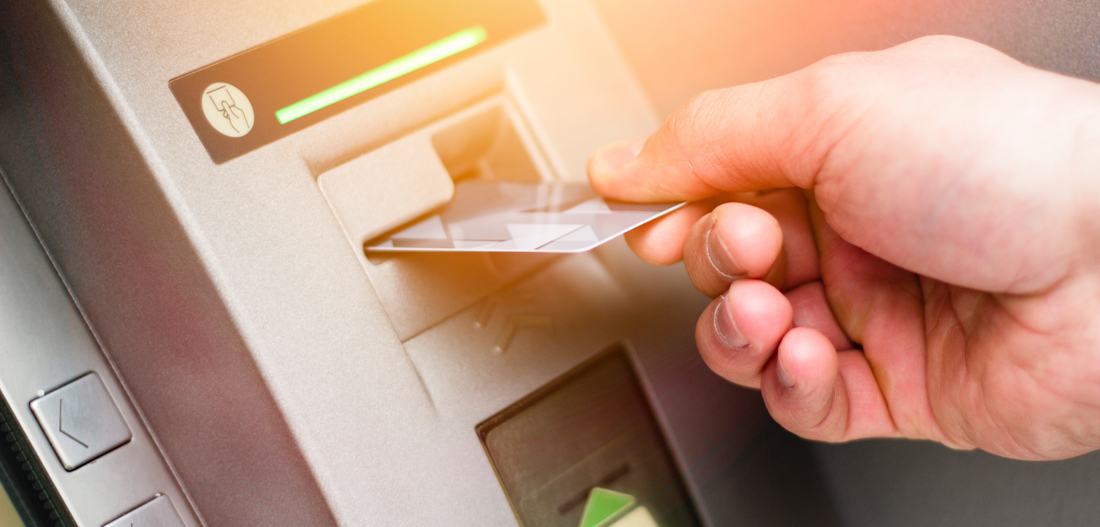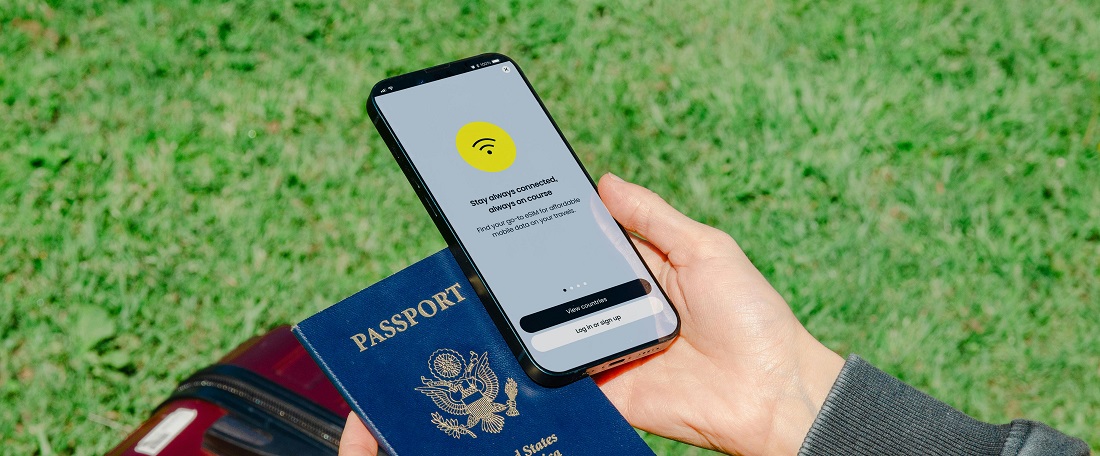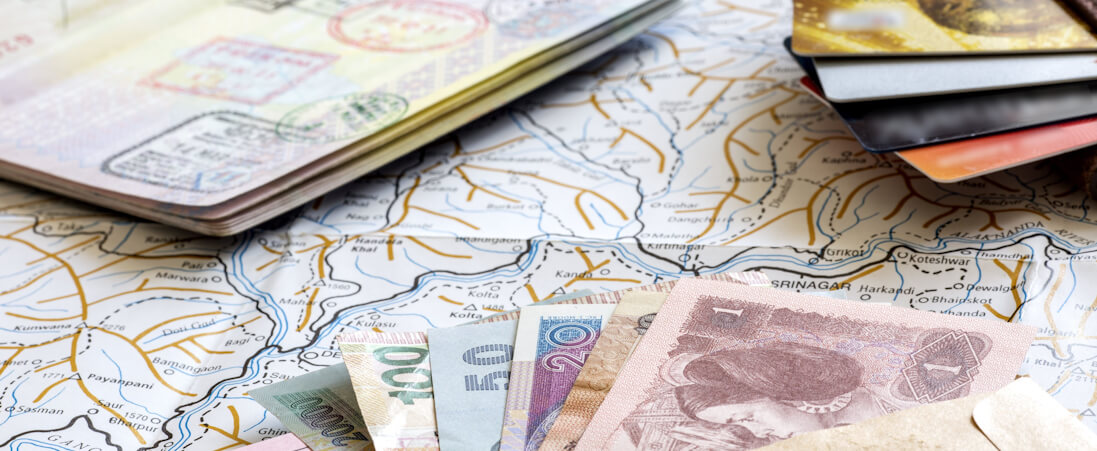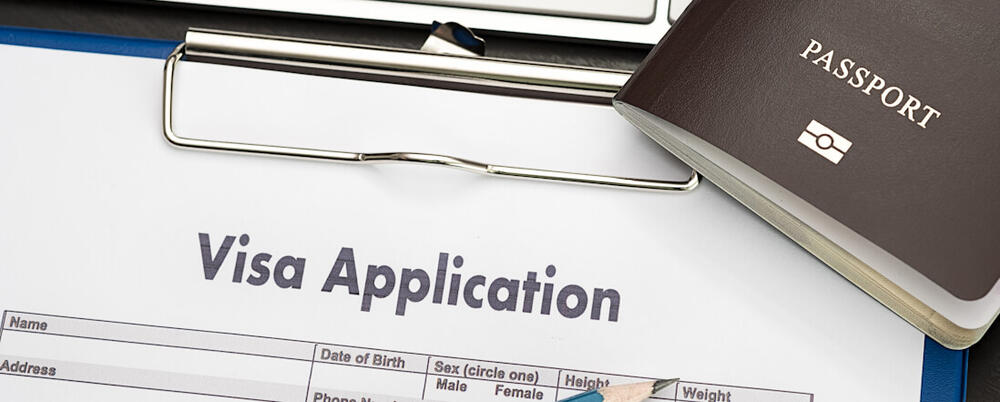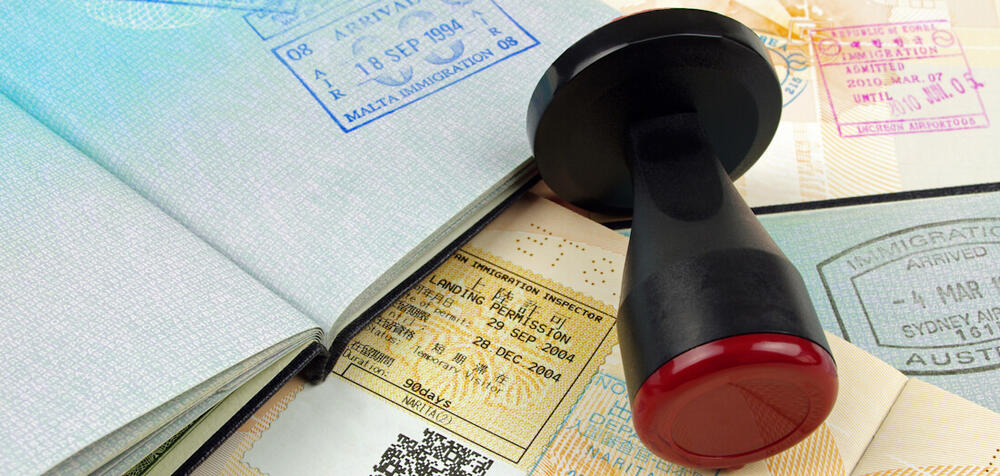Securing accommodation in Sweden can be one of the most difficult, and priciest, parts of relocating to this Scandinavian country. Sweden, and especially its large cities like Stockholm, is experiencing a severe housing shortage, so it's essential that you give yourself enough time to look for accommodation.
That said, the standard of housing in Sweden is exceptionally high. Many rentals come with high-quality appliances in the kitchen, central heating and access to high-speed internet.
Most expats who move to Sweden rent accommodation. The rental market in Sweden is regulated, so prices are competitive compared to the rest of Europe. This depends, of course, on which part of the country you move to – the prices in a large city will be much higher than those in rural or suburban areas.
Stockholm has one of the most expensive housing markets in Europe. And while most expats settle in Stockholm, cities such as Malmö, Jönköping and Gothenburg also have expat populations.
Types of accommodation in Sweden

Apartments are the most common form of expat housing in Sweden, especially in Stockholm. Most apartments are unfurnished, but basic amenities such as bathroom and kitchen fittings are provided.
There are also rental houses in small towns, rural areas and in suburbs outside cities. House or flat shares are another consideration if you're moving to Sweden by yourself. Not only will this option result in cheaper rent, but you'll also have the opportunity to meet new people and possibly make friends.
Once you've determined that you're staying in Sweden long term, you may consider buying into a housing association (bostadsrätt), where you own a percentage of a large property with multiple dwellings. This allows you to own your apartment at a lower cost than buying it on your own.
Furnished vs unfurnished
Most rentals in Sweden come unfurnished, with only basic kitchen and bathroom fittings. While furnished rentals are available, these are typically limited to the short-term rental market. Still, it's possible to find an apartment furnished with everything from beds, sofas, and curtains to cutlery and bedding.
Short lets
Short lets like those listed on platforms like Airbnb are popular in Sweden. Since most new arrivals will require temporary accommodation upon arriving in Sweden, these holiday rentals are widely available, and you can even rent them long term with no restrictions.
Short lets are typically fully furnished and the rental cost will include utilities and cleaning fees but at a much lower cost than traditional hotels. These types of rentals are a great option if you've just arrived in Sweden and want to find out if a particular neighbourhood is the right choice for you.
Finding accommodation in Sweden

The online classifieds sections of local newspapers, estate agencies and personal contacts are all good ways of finding accommodation in Sweden. Unless your employer arranges housing for you, the best option would be to stay in a hotel or serviced apartment when first arriving in Sweden and then start looking for more permanent accommodation once in the country.
Private and government rentals
In Sweden, few properties are rented directly by landlords to the tenants. Only certain properties can be rented directly, and the rest are rented through the Bostadsförmedlingen, the government organisation that redistributes vacant housing.
To get housing placement, you will have to pay the Bostadsförmedlingen a fee and the waiting list is usually rather long. As a result, many expats use private housing companies to find accommodation in Sweden.
These housing companies can find sublet rentals that the owner does not directly lease to a tenant. These are much easier to find than direct rentals, and you won’t need a Swedish identity number to qualify. The expat tenant will then sign a lease with the holder of the first-hand rental contract.
Useful links
Renting accommodation in Sweden
The rental market in Sweden moves fast, so make sure you have all your documents ready when applying for an apartment. You must also ensure you accept an offer as soon as possible, as a late response could result in you losing your dream apartment.
Making an application
Typically, you'll need to already have your Swedish Personal Identity Number (personnummer) to sign a lease in the country. Newly arrived expats can circumvent this by staying in short-term accommodation or subletting an apartment.
Once you have your personnummer, visit your local municipality's website and register with the housing authority to join the queuing system. Once you are registered, you can visit the housing authority's website regularly to see if there are any apartments available for rental in your desired neighbourhood and preferred rental cost.
You may apply for any suitable rentals, and you will receive an invitation to view an apartment depending on where you are in the queue. If you like the apartment you can let the landlord know, and they'll send you an offer, which you must accept promptly.
You must then provide proof of income and copies of your identity documents and personnummer and sign the lease to secure the apartment. Once you accept an offer, you are taken out of the queue and will need to register again if you want to move.
Leases
The typical lease term in Sweden is open ended, with strict notice periods to protect both the tenant and landlord. If your lease is written in Swedish, we recommend getting a friend to assist you or having it translated to ensure you clearly understand the terms and what you will be responsible for before signing. Although unlimited leases are the most common, it's also possible to find one- to two-year fixed-term rental agreements.
Deposits
Usually, you must pay one month’s rent as a deposit on the property. That said, if you are renting a house, you may be expected to pay up to three months' rent as a deposit. This should be returned at the end of the lease agreement if all is in order with the property.
Termination of the lease
Both tenants and landlords are expected to give three months’ notice before terminating the lease. Before moving in, conduct a thorough inspection and take inventory of the property with your landlord. This will help you ensure you are charged only for normal wear and tear when you move out. If there is damage beyond normal and wear, your landlord is legally obligated to reserve some of the deposit to fix any damages.
Utilities in Sweden

In Sweden, heating and water are often included in the rent, while gas and electric bills are typically the tenant's expense. Read your lease agreement to understand which utility bills you must cover.
Electricity
If you are living in a second-hand rental, your landlord will likely have the electricity bill in their name. However, if you are renting directly or own your home, you will typically have to sign a contract with an electricity supplier. You will need to sign two contracts; one with the electricity network operator that owns the grid in your neighbourhood and the other with an electricity supplier.
You can choose a supplier, but not a network operator. At this point, you must decide if you want to be on a fixed or variable rate as well as make a choice about which source of energy (wind, hydro, or nuclear) your electricity will come from.
To sign a supplier contract, you must provide your chosen company with your personnummer, contact information, and the date of when you want your contract to begin. Additionally, they will require your network area ID and electrical installation ID, which are available on request from your network operator or on a previous electricity bill.
You can use websites like Elmarknad and Compricer to compare rates between suppliers.
Gas
Natural gas is rarely used for cooking and heating in Sweden. Most homes with gas connections are typically located in southern and western Sweden.
If you are in a home with a gas connection, you will need to contact your local gas distributor to sign a new contract. The company will likely require your contact information, address, and personnummer to help you get started.
Some of the biggest gas distributors in Sweden include Weum and Swedegas.
Water
Water in Sweden is clean and noticeably delicious and fortunately, most tenants will have the cost included in their rental contract. Local municipalities treat and supply the water in Sweden.
If you are required to pay your water bills or if you own your home, you'll receive a bill from the municipality for water and sewage depending on your consumption. You can make payment through bank transfers or automatic debits.
Bins and recycling
Sweden's municipalities are responsible for waste management in their local regions. Most municipalities use the doorstep collection method and households are encouraged to separate their waste at source. There are different coloured bins provided for sorting glass, food waste, paper, electric, and hazardous waste. There are also recycling centres available in most major cities where you can drop off your recyclable waste at no charge.
In Stockholm, the municipality has recently announced a new recycling service where trucks will circulate the city collecting bulky waste and unwanted items to make recycling easier for residents who are unable to get to a recycling centre. A 2024 law has mandated sorting food waste before disposal, showcasing Sweden's commitment to sustainability and recycling.
Useful links
